|
Soon after arrival in Yangon I was put in touch with Father Benjamin, a Karen priest who runs the Ayerwaddy Homeland project near Myaungmya. Luckily, he happened to be visiting Yangon, so we were able to meet and we hit it off straight away. Father Benjamin, who stayed for 6 years in France, training and serving his French host community, is a man of keen perception and great awareness of the risks and potentialities facing his small Karen community of 300 souls. Maungmya is located in the northwestern part of the Ayerwaddy Delta and is a very pleasant small regional market town and administrative center. I've been re-reading “Finding George Orwell in Burma” by Emma Larkin and coincidentally, Orwell was posted to Myaungmya for several months in the 1920s. The town still retains many old colonial era buildings and a relaxed back-water atmosphere. Father Benjamin started the Ayerwaddy Homeland project over twenty years ago and it's main goal is to provide community livliehood and education while conserving the traditional rural lifestyle through sustainable agriculture. This is a noble task and Father Benjamin is deeply committed to helping his community be as self-sufficient as possible. I visited both the community living in the forest and the hostels for students in Myaungmya and the nearby large port city of Pathein. In their search for sustainable and integrated agricultural practices, the AH project has started a piggery, worm composting, build their own rice mill and grain storage, and planted rubber trees interspersed with pineapples, without damaging the forest. They have their own machine shop and will undertake any project with a real 'can-do' attitude. Although they already have a small solar system in the forest community, I brought down 4 of our small Candle Replacement Kits for individual homes. These were given to the volunteer teachers in the forest school and they were received with great joy and appreciation. Just before I left Yangon to continue on to Madagascar, I arranged for the purchase and delivery of one of our large 24 home kits, with central solar charging. This will provide light to almost every home in the forest community and should reduce costs, as well as improve indoor air quality and safety. Next, it was back to the Delta near Pyapon, with my good friend, Kehzer, and the Alin Ein savings group. First, we returned to Mayanwa village where we had installed the first Candle Replacement Solar Kit last year. I was delighted to hear that everyone was happy with their lights and batteries. There had been some equipment failures, but in typical Myanmar fashion, people were able to make repairs or find substitutes. The best news was that after only 10 months, the entire cost of the solar system has been recouped by the savings group, through the fees for battery charging, and therefore, another complete system can be purchased and given to another savings group.This way, Solar Roots provides only the seed money for the first system, and after that, it's a self-sustaining project, run by the local community. This is the kind of “development” model I've been searching for! So, on this trip we brought another complete solar kit to get one more community started on the path to solar independence. Normally, the villager spends 100 Kyats (12 cents US), per day on candles, but the solar charging fees work out at only 50 Kyats per day, and the light is much stronger, safer and healthier. Another project of Alin Ein is to help the Savings group organize the purchase of boats for their members. During the 2008 Cyclone Nargis, most people lost their small boats, which are essential in an area with no roads, but dozens of rivers and waterways. To rents a boat costs 8-10,000 Kyats ($8 -$12), per month. But a new boat can be purchased for 100,000Kyats ($100). So far, 16 boats have been purchased, and the beneficiary only pays 2% on the loan. The Delta is one of my favorite places in Burma – flat, verdant, watery – with extremely kind, resilient and open people. We spent a very enjoyable week there, giving another PV training and visiting old and new friends. The weather is extremely hot, even during cool season, but it somehow feels healthy to me. The air is clean and the food is great. This year I was treated to deep fried field mice and rats. The taste was OK, but the crunching of the bones was just too much for me, and I had to turn down the offer of a second mouse! The Karen are famous for eating anything that walks, slithers, swims or flies. I cracked a joke that was much appreciated : “In my next incarnation, I don't want to be born as a small animal, anywhere near a Karen village!”.
0 Comments
Leave a Reply. |
Archives
March 2017
Categories
All
|

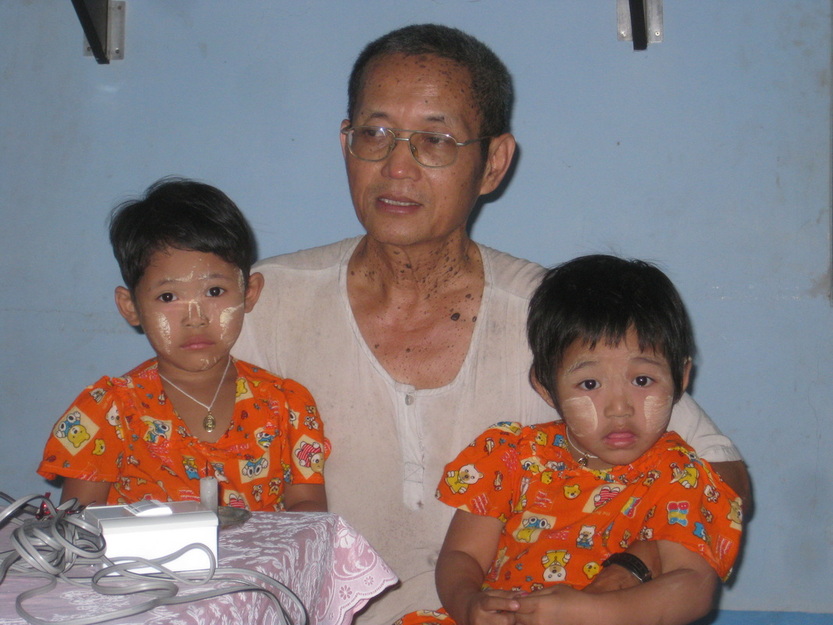
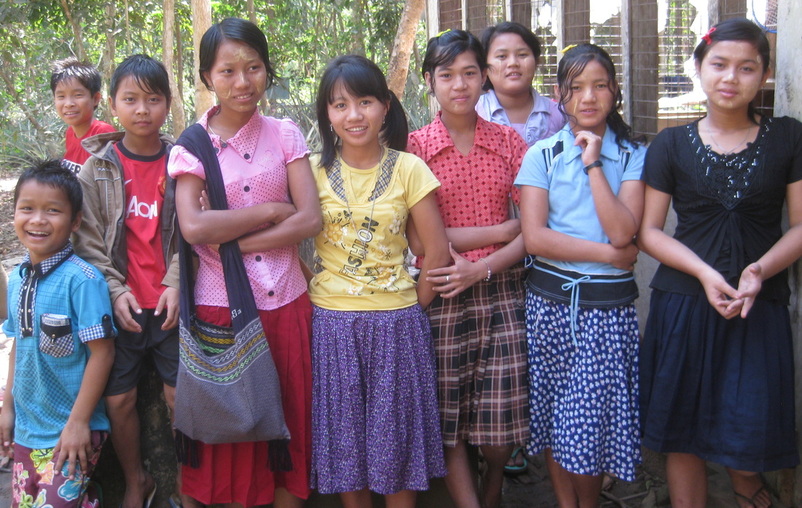
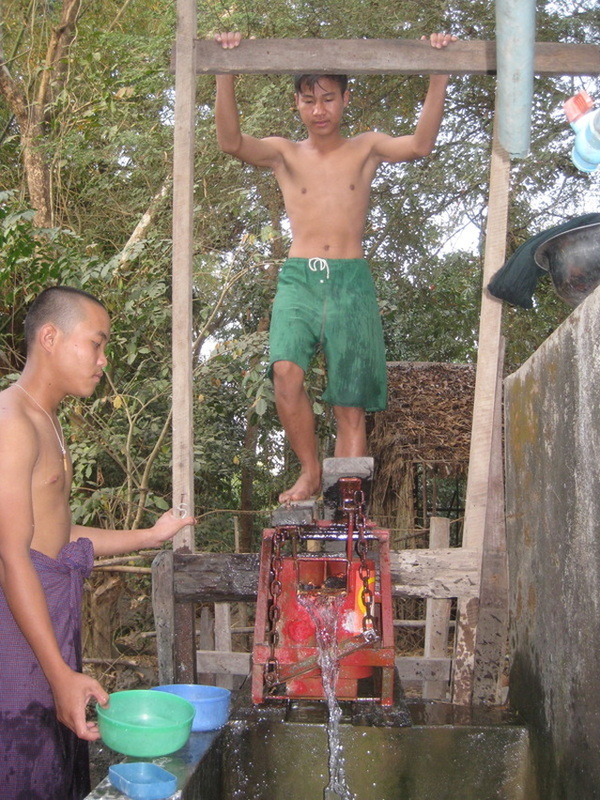
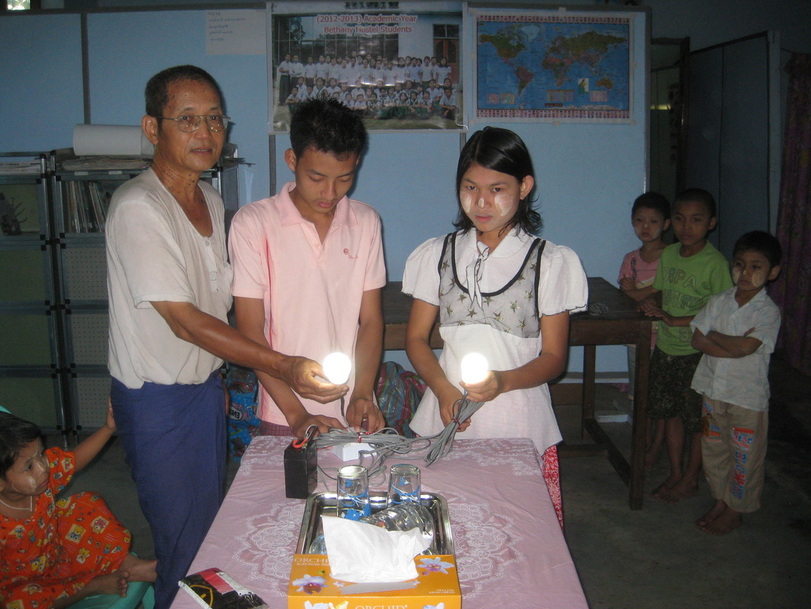
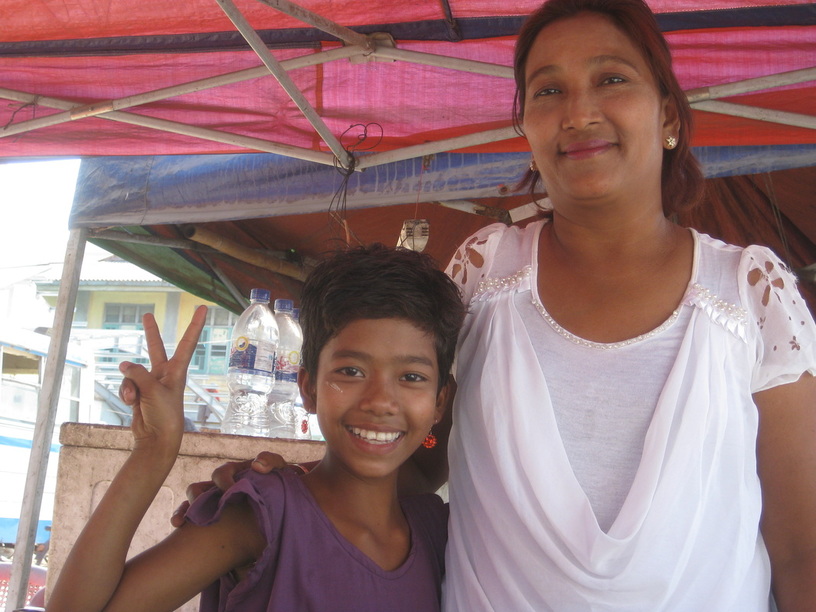
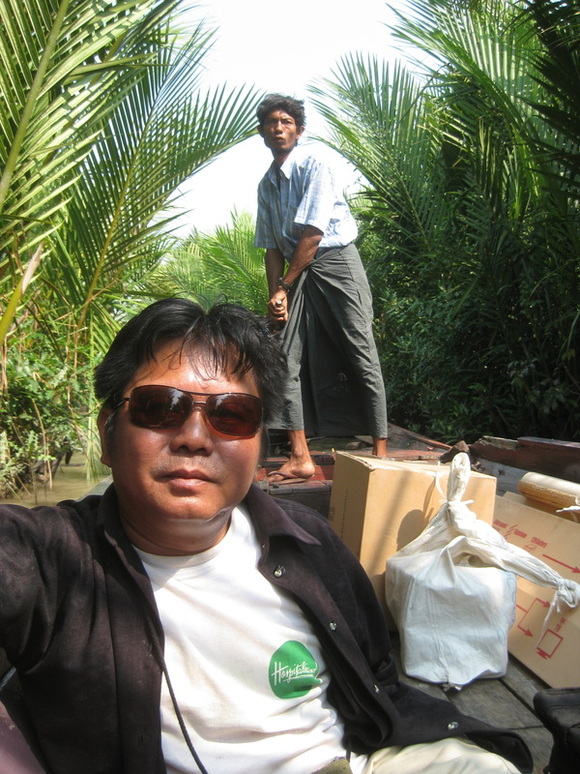
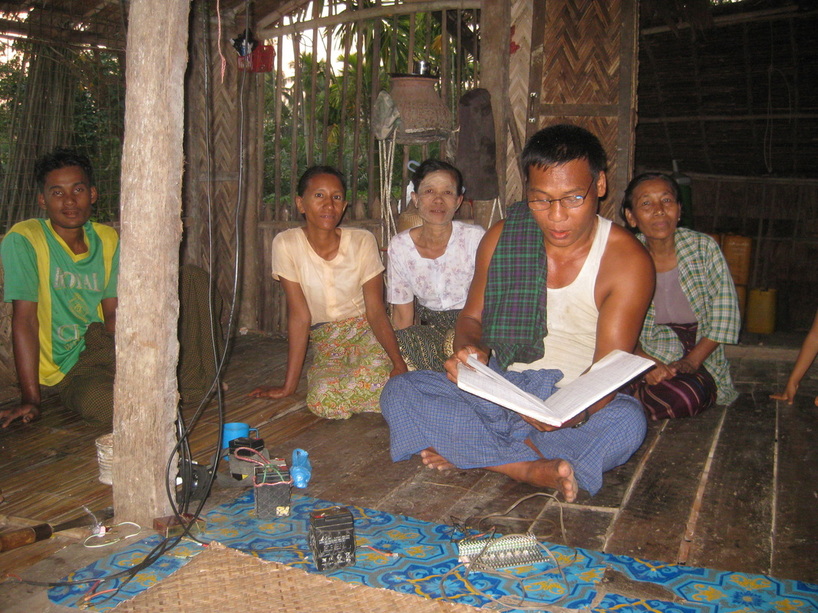
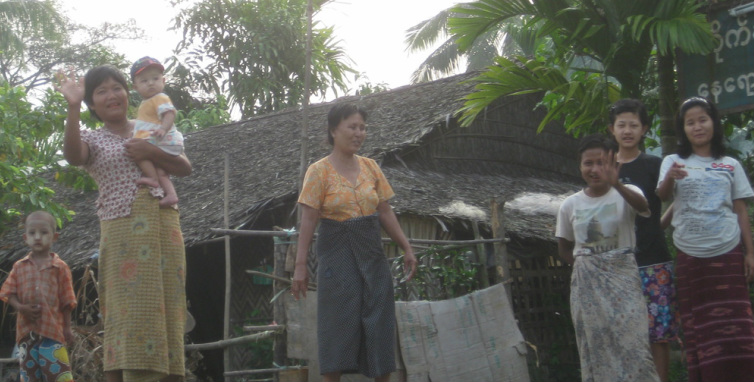
 RSS Feed
RSS Feed